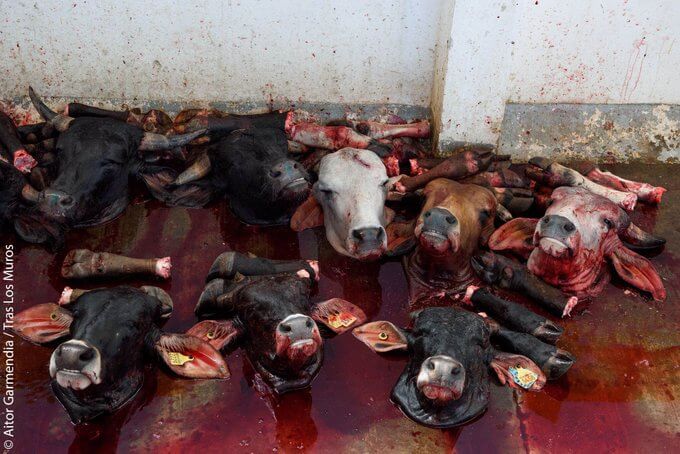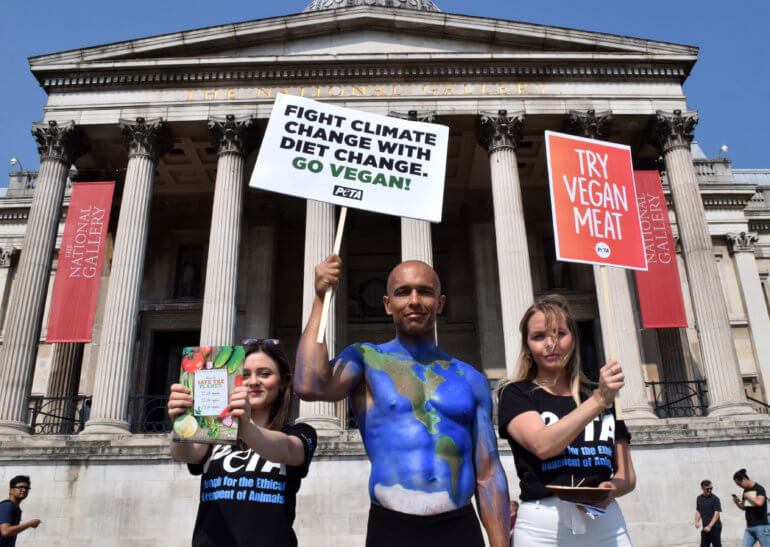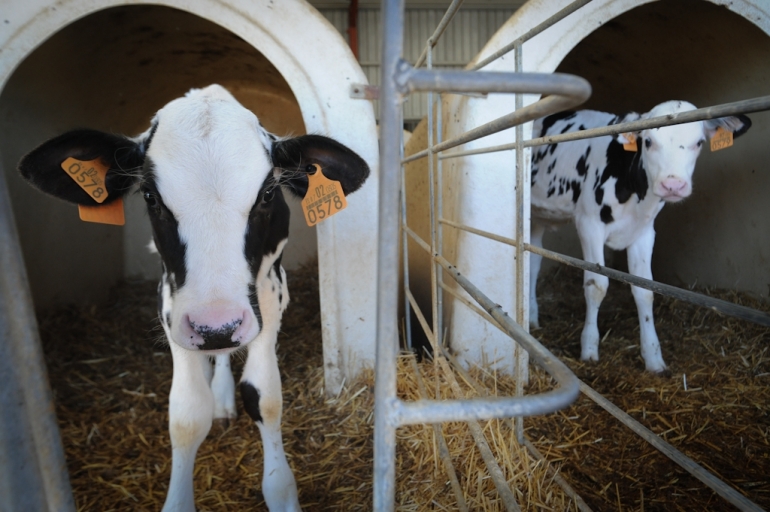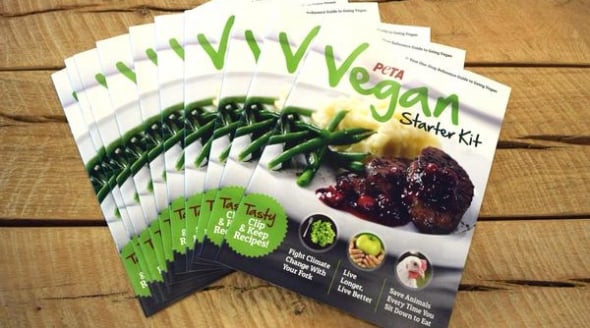What Does It Mean to Be an ‘Ethical Meat-Eater’?
Tens of billions of individuals are slaughtered for their flesh every year, and most of them endure lives of constant fear and torment.
It’s indisputable that, just like humans, other animals are sentient and have complex nervous systems. Like us, they are highly social, form strong bonds with their friends and families, mourn when they lose a loved one, and can experience joy, love, and fear. But emotional complexity and intellectual capabilities aside, all animals can feel pain – and just like us, they value their lives and don’t want to suffer or die.
There’s No Such Thing as Ethical Meat
Some methods of raising and killing animals may be less cruel than others, but there’s no ethical way to kill living, feeling beings for their flesh when we don’t have to. Exposés have repeatedly shown that animals raised under certification schemes and welfare assurances are still treated in ways that most people would find unacceptable and shocking. Welfare claims are there to make customers feel better – they don’t protect animals.
Eating Meat Means Unnecessary Killing
Regardless of the label on a piece of meat or the certification of the farm it came from, none of the animals raised for their flesh go to their deaths willingly. Babies, mums, dads – everyone is killed at one point or another. Before ending up on our plates, animals may be shackled, electrocuted, or gassed and their throats are cut. Sometimes, they’re plunged into tanks of scalding-hot water while still conscious and able to feel pain.
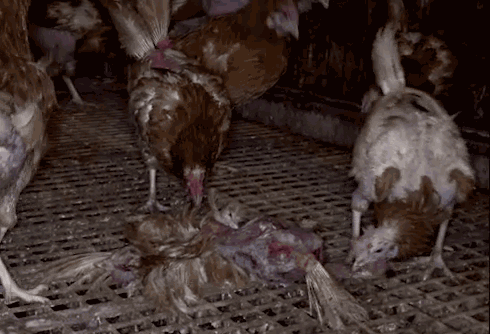
Our choices tear families apart and kill individuals, whose bodies are hacked into pieces and packaged up for nothing more than a fleeting moment of taste.
Environmental Nightmare
Animal agriculture is also destroying our planet. Raising animals for their flesh requires massive amounts of land, feed, energy, and water and results in enormous pollution.
The United Nations has acknowledged that raising animals for food is “one of the top two or three most significant contributors to the most serious environmental problems, at every scale from local to global”. And the resources going towards feeding the billions of animals used for food could be used more wisely to combat world hunger.
Making Ethical Choices
People may ask, “But animals eat meat, so why shouldn’t we?” Some animals do kill other animals for food, but unlike humans, obligate carnivores couldn’t survive if they didn’t.
Humans are capable of making choices based on ethics – such as how to feed, clothe, and entertain ourselves – so we have a responsibility to make the most ethical choices possible and to do our best to reduce suffering of any kind.
We simply don’t have the right to take lives so we can eat animals’ flesh.
Since we can choose between cruelty and kindness, we should never wilfully inflict pain on any sensitive being – human, dog, pigeon, mouse, piglet, or anyone else.
What You Can Do
There’s no humane or ethical way to eat other animals – so if we’re serious about protecting the environment, human health, and the animals themselves, the best thing we can do is to stop eating meat, fish, eggs, and dairy and go vegan. It’s easier than you may think.

